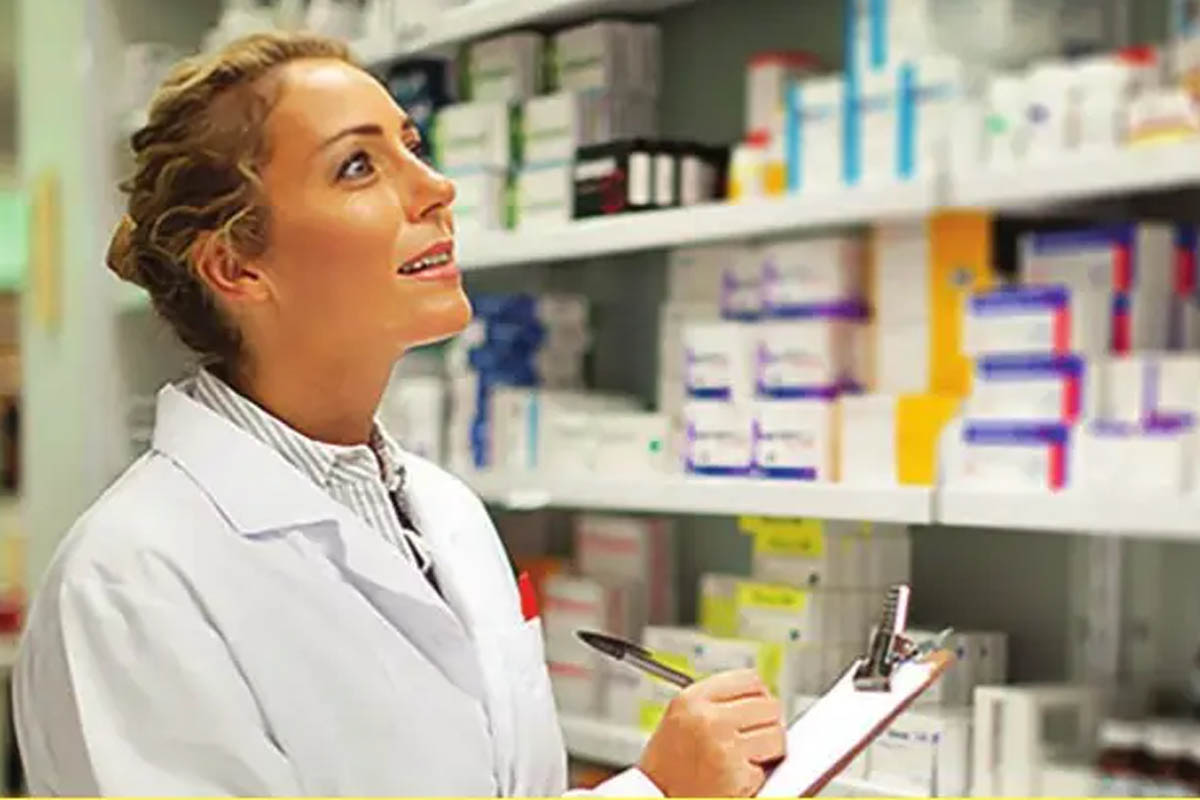The healthcare sector across the globe is growing at an exponential rate and the rate of growth of the pharmaceutical sector is concomitant to the rate of growth of the healthcare sector. The whole world has witnessed the disastrous catastrophe of the global pandemic of Covid-19.
The preventive and curative measures play a very important role in ensuring the good health of the citizens of the economy. Pharmaceutical drugs play an important role in curing the patients from the various diseases. Pharmaceutical sector is growing at a consistent rate in India and abroad and is offering great career opportunities to thousands of students. The students can pursue diploma programme, bachelor’s degree programme, master degree programme and doctoral level programme in the domain of pharmaceutical sciences.
Advertisement
Pharmacy Council of India is the regulatory body in India which grants approval to the universities and colleges in India to run the various programmes in the domain of pharmacy. The council has well defined norms, standards and guidelines to be followed by the entities seeking approval from Pharmacy Council of India.
The students who intend to pursue a career in pharmacy are required to have passed the intermediate /+2 examination with physics, chemistry or mathematics / biology.
The admission process for the pharmacy programmes includes written test. The national level entrance test for admission to the Masters level pharmacy programmes is GPAT i.e. Graduate Pharmacy Aptitude Test. This test is organised by National Testing Agency (NTA) every year for admission in M Pharma Programs.
The major areas of study in the Bachelor of Pharmacy programme are human anatomy and physiology, pharmaceutical analysis, pharmaceutics, pharmaceutical inorganic chemistry, communication skills, biochemistry, pathophysiology, computer applications in pharmacy, environmental science, pharmaceutical organic chemistry, physical pharmaceutics etc.
Career opportunities in the pharmaceutical sector are very high and
are growing at an exponential rate. The students who pursue the programmes in pharmacy make their career as drug control administrator, hospital manager, trainer, assistant professor, food and drug administrator, health centre manager, drug dispenser, pharmaceutical marketing representative,
research manager, health inspector, chemical analyst, drug technician, drug therapist, customs officer, pharma data analyst, drug inspector, hospital drug administrator, medical transcriptionist, insurance coder, regulatory
manager etc.
The pharma students can utilise their leisure period by practicing the question papers of the yesteryears and the mock tests (computer based) of three hours each comprising 125 questions carrying 500 marks. The students are required to lay more emphasis on both physical and organic chemistry, pharmacology, biotechnology etc. The students should attempt questions only which they are very sure as the exam entails negative marking.
In post Covid-19 scenario, the role of pharmaceutical professionals is likely to increase as the patients are staying in hospital for a prolonged period in quarantine. The role and importance of pharmaceutical professionals will increase as they are well aware of pharmacokinetics and pharmacodynamics which means
how the pharmaceutical drug is impacting the body and how the body is responding to the drug.
To summarise, pharmaceutical
sector is likely to offer promising and enriching careers in pharmaceutical and healthcare sector at the global level with lucrative salary packages in the post pandemic scenario.
The writer is vice chancellor, Sanskriti University











